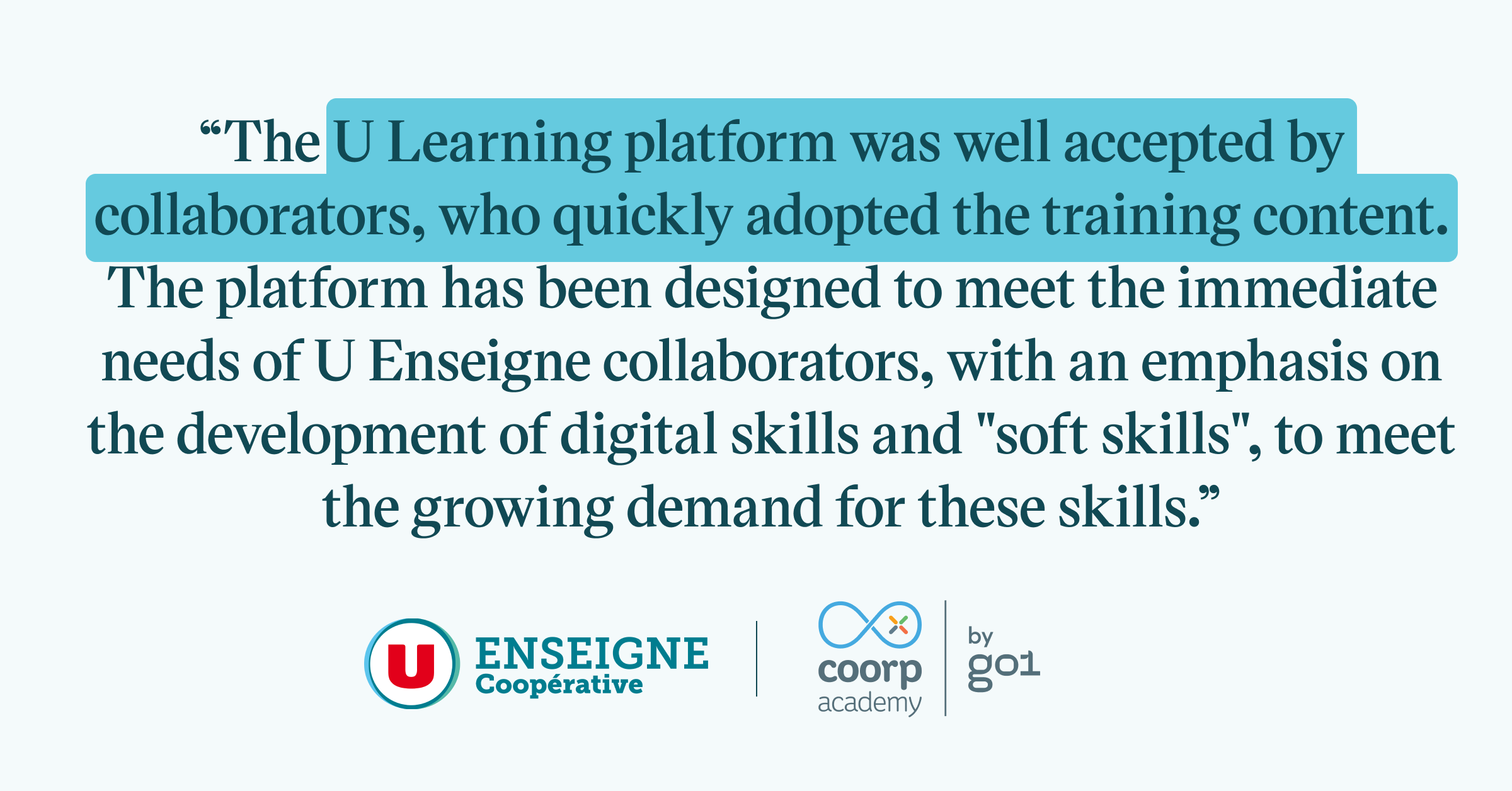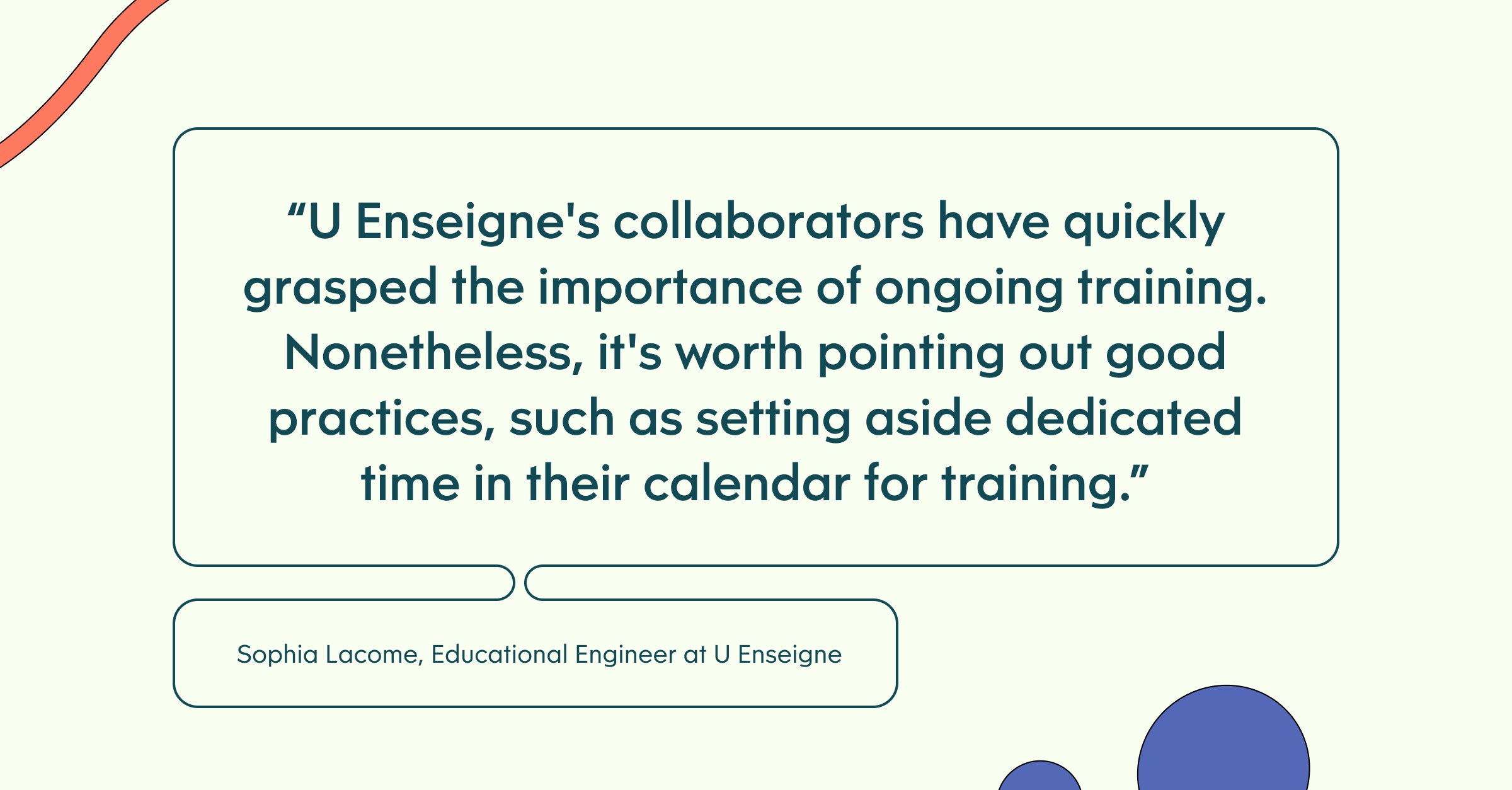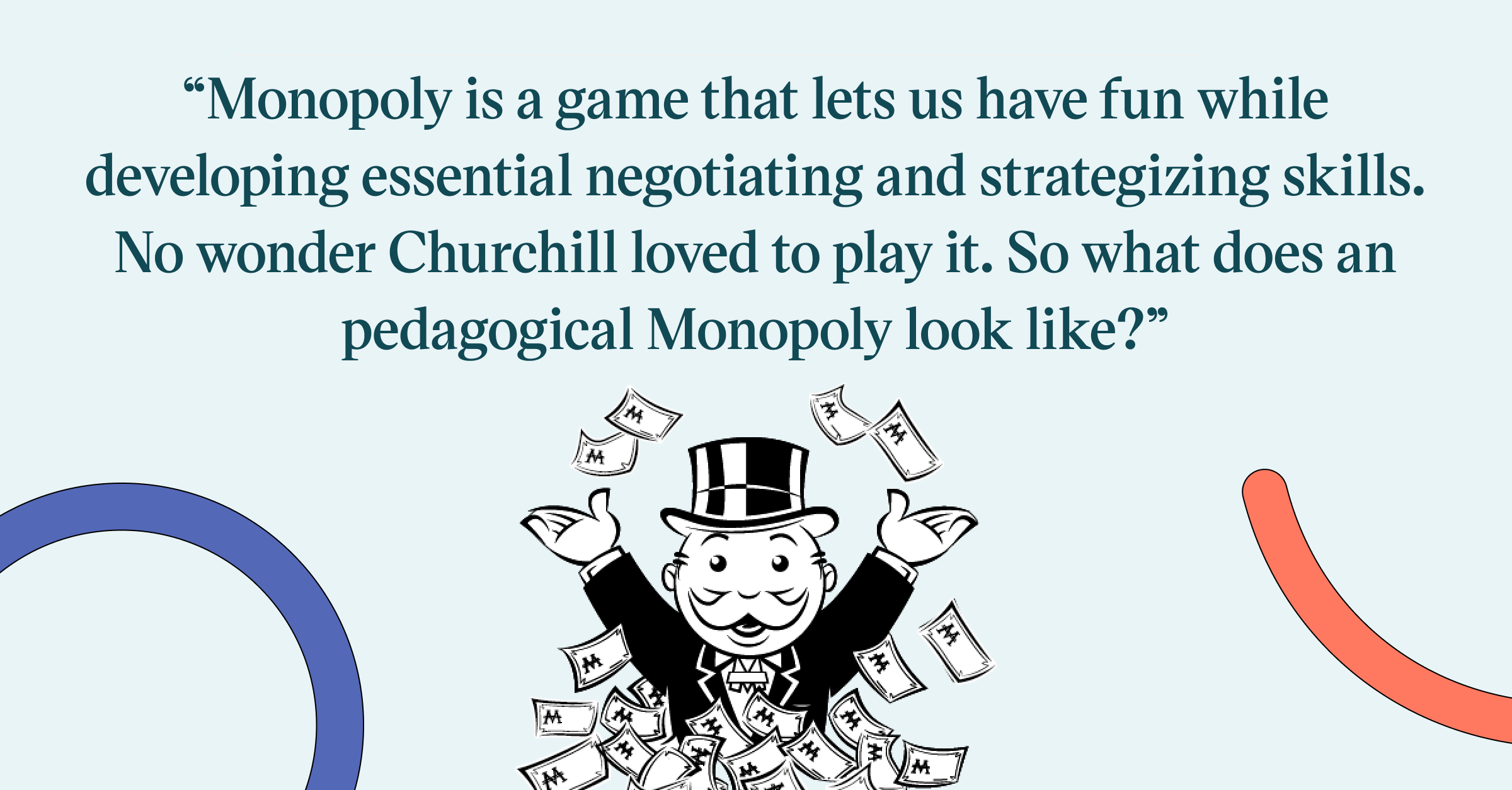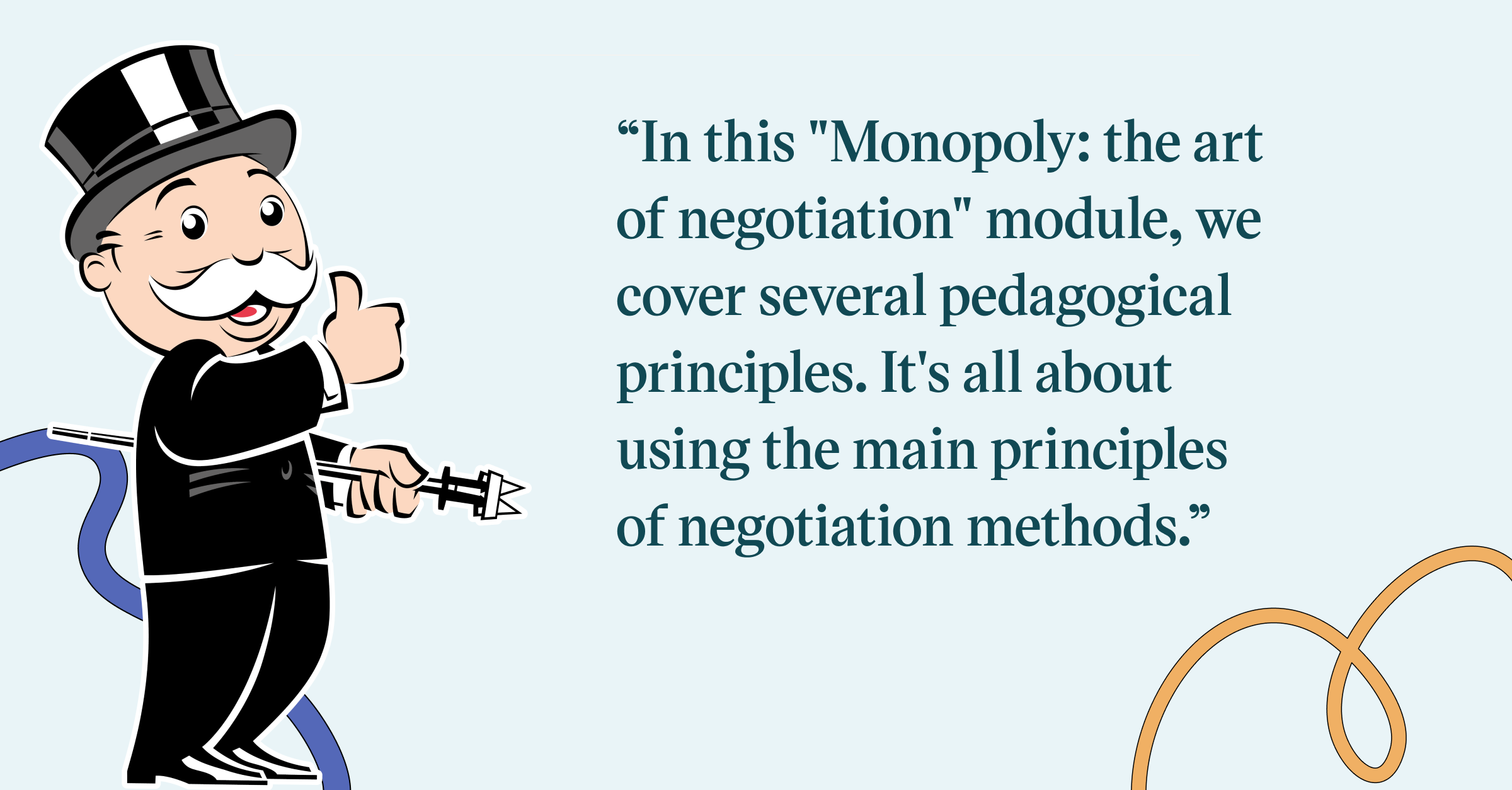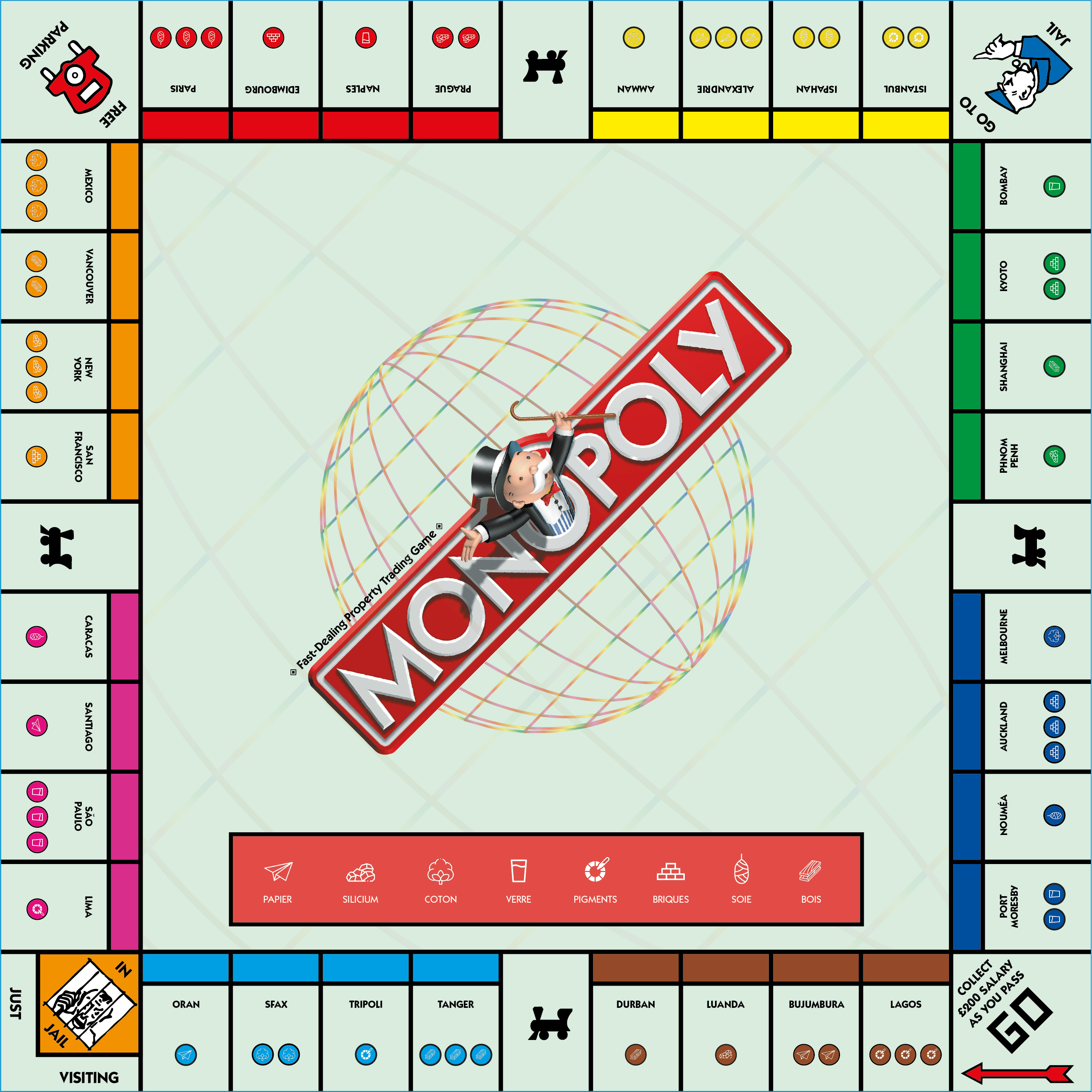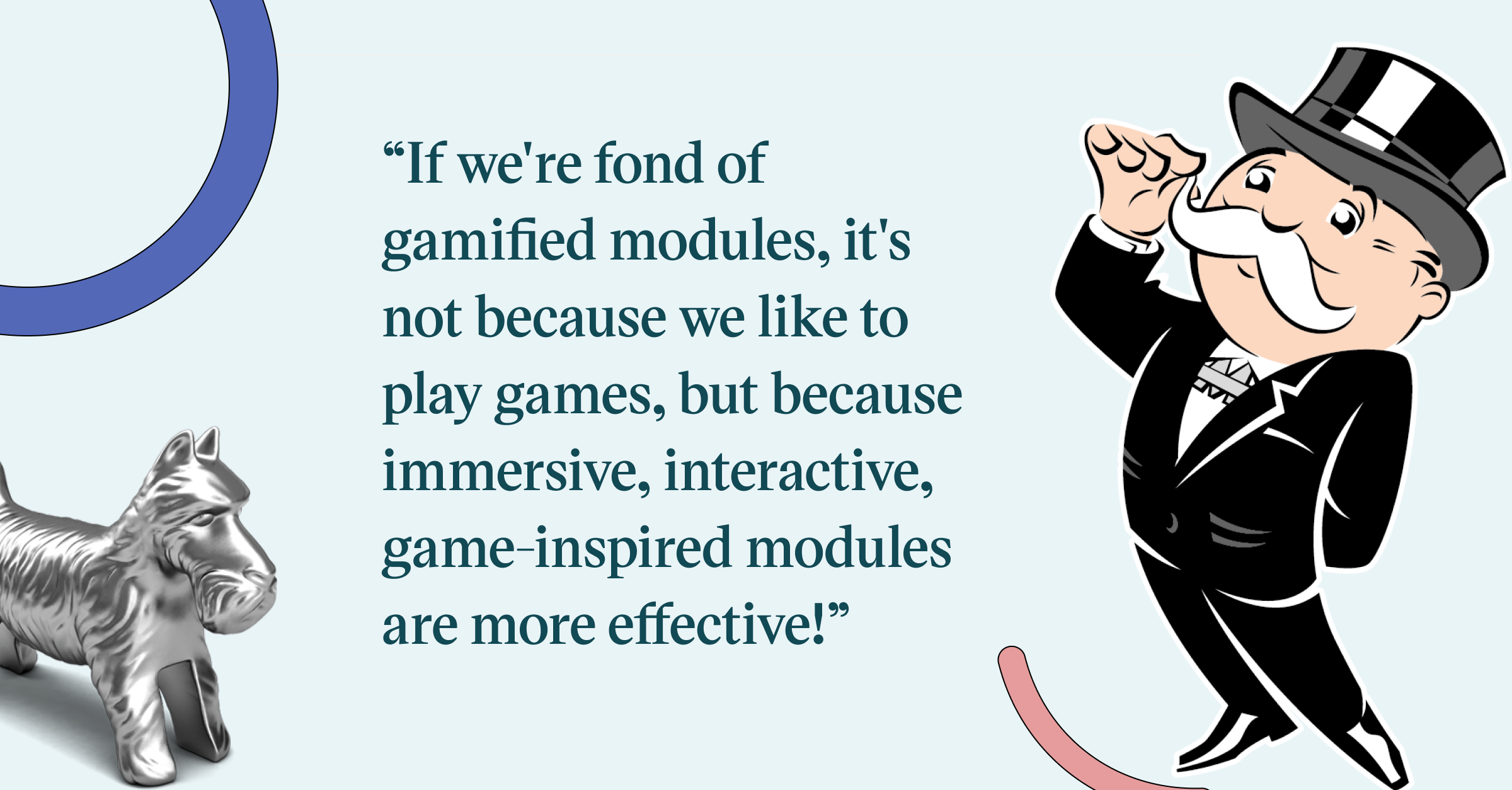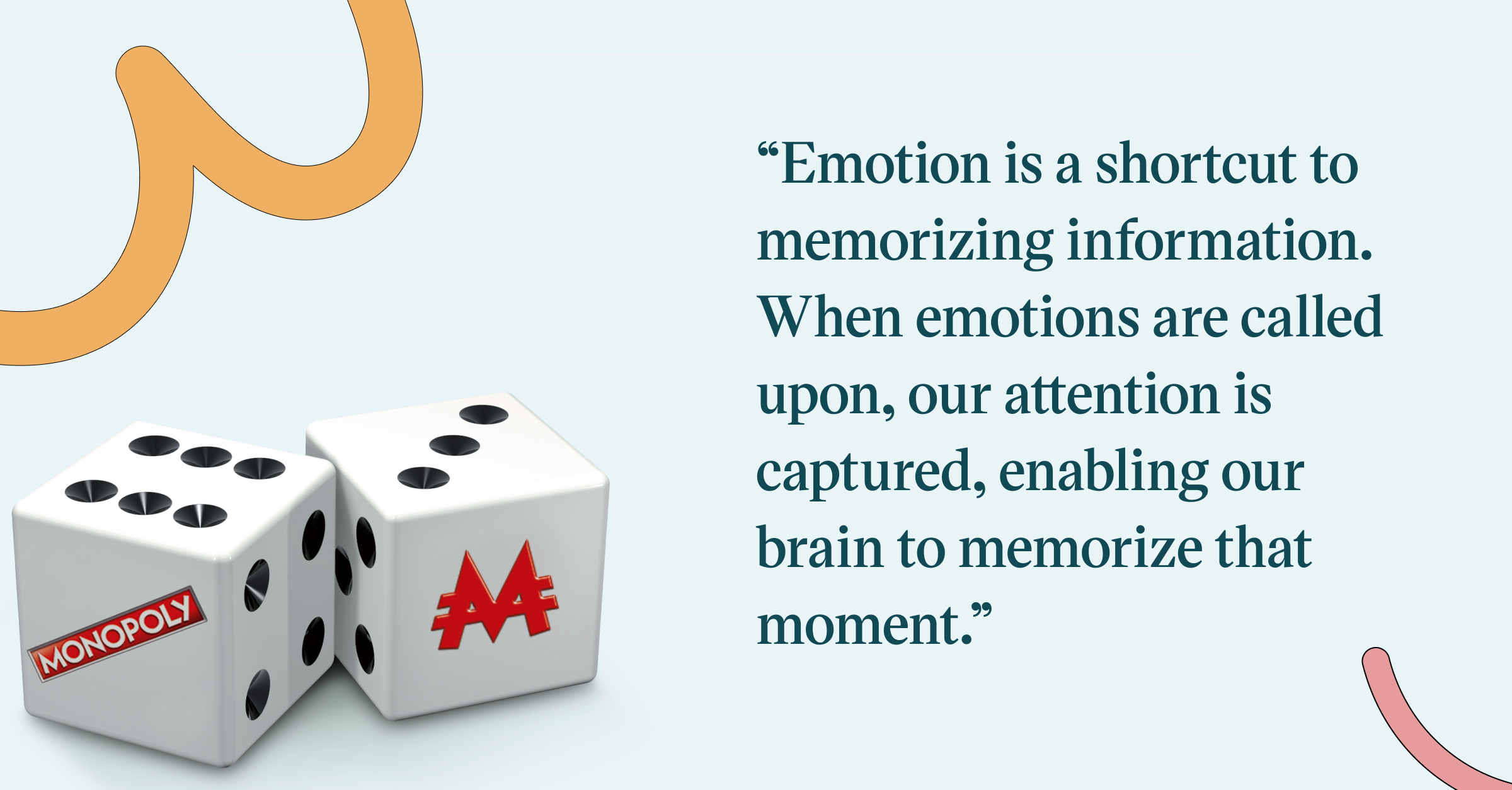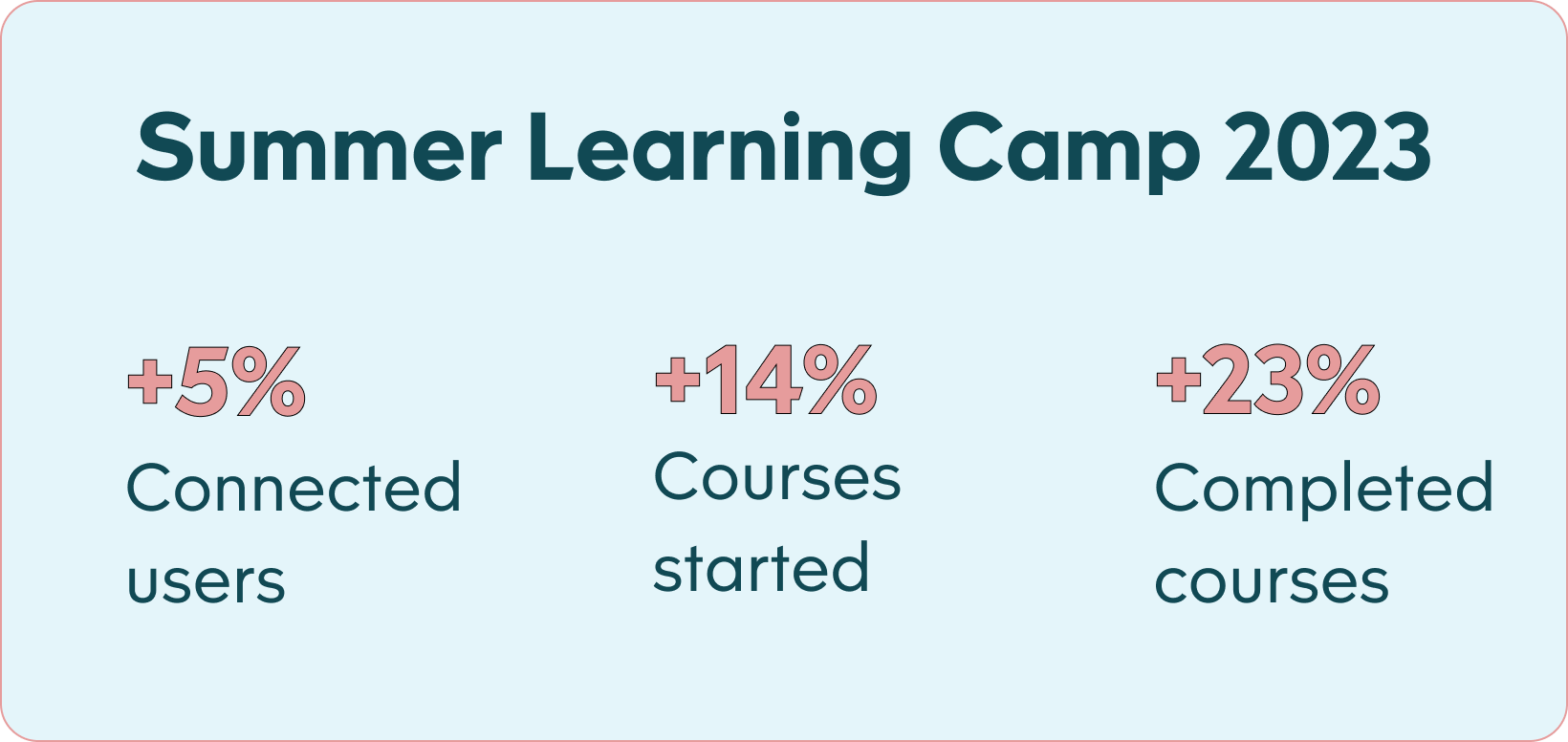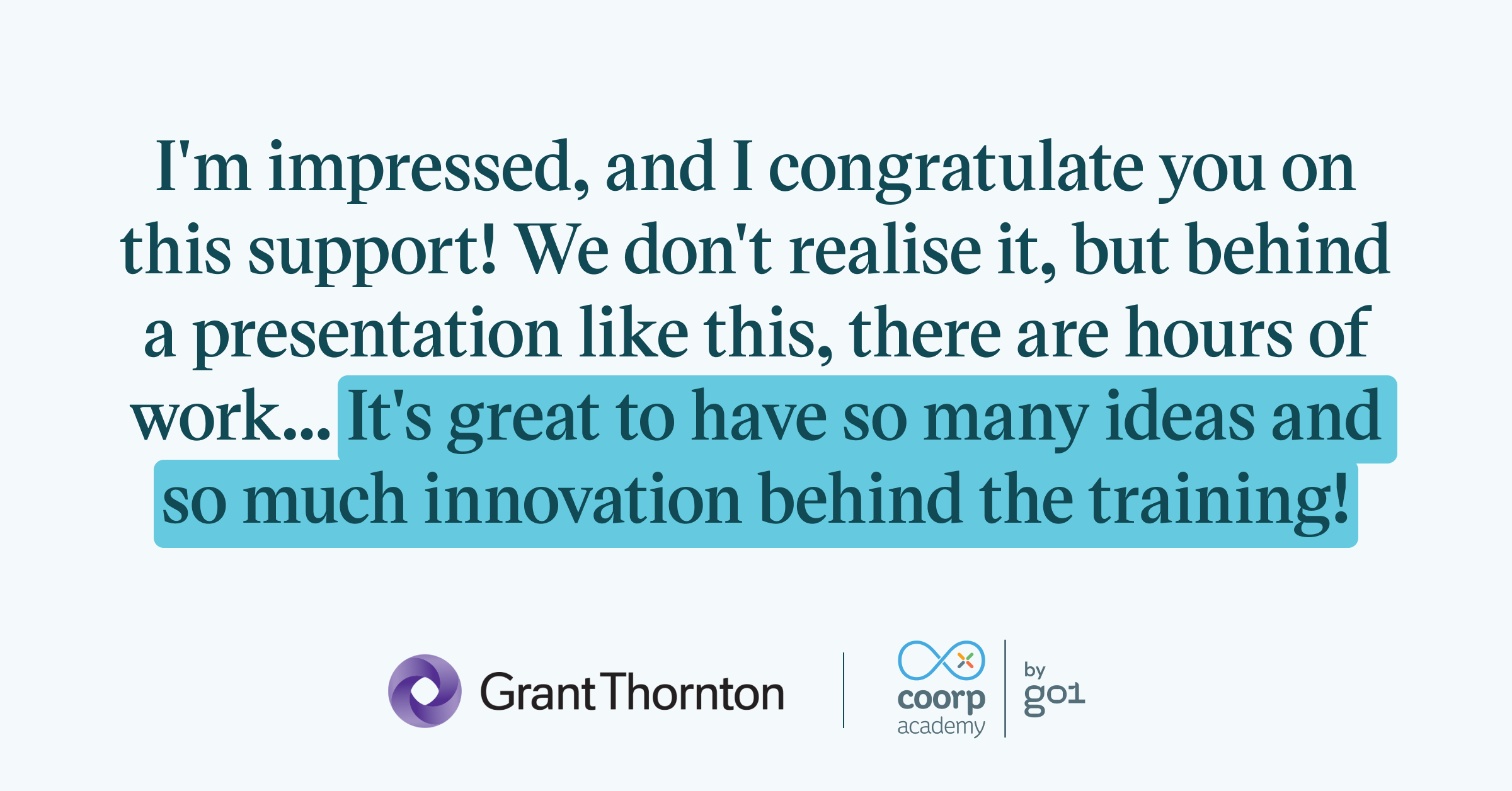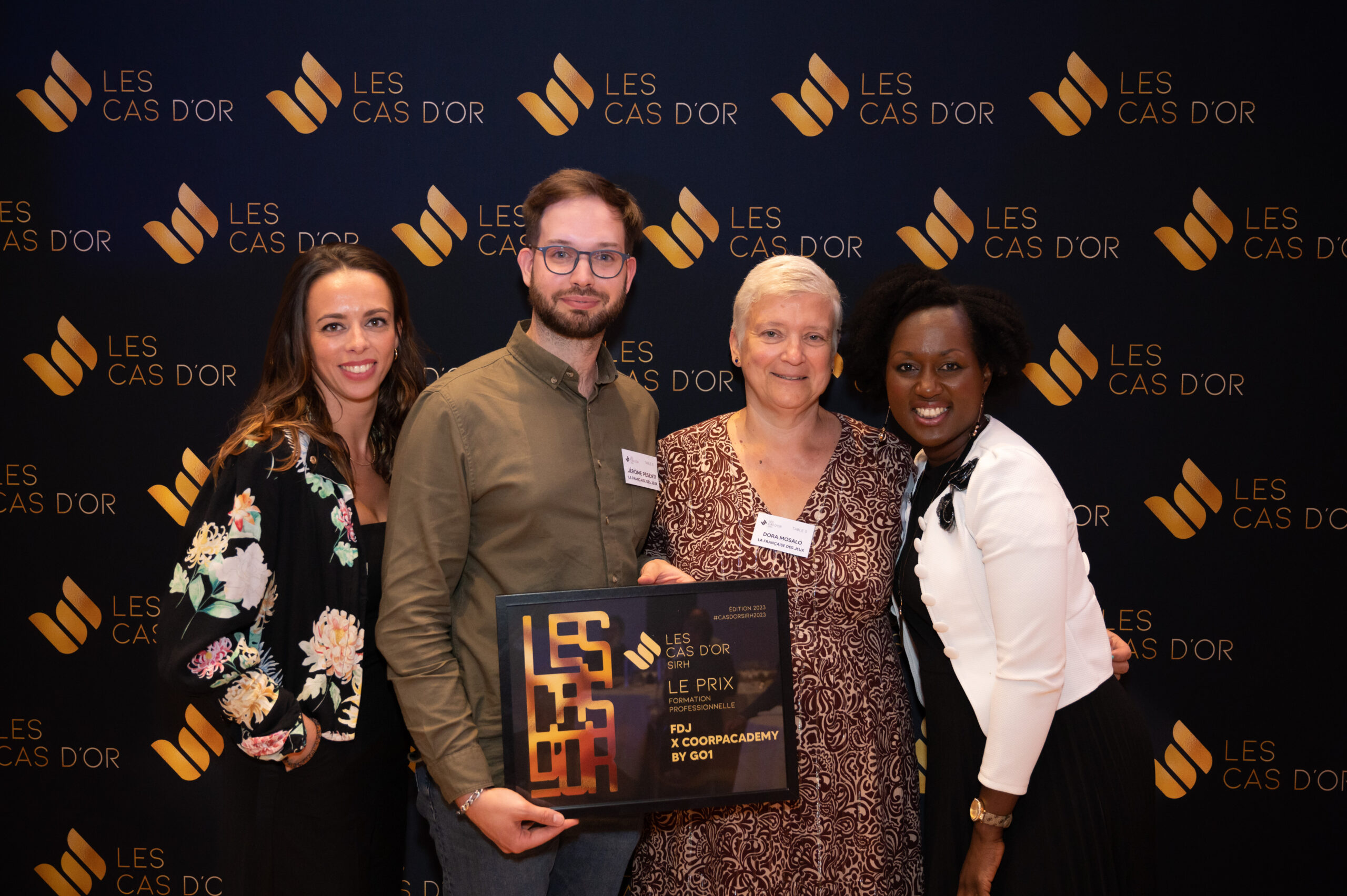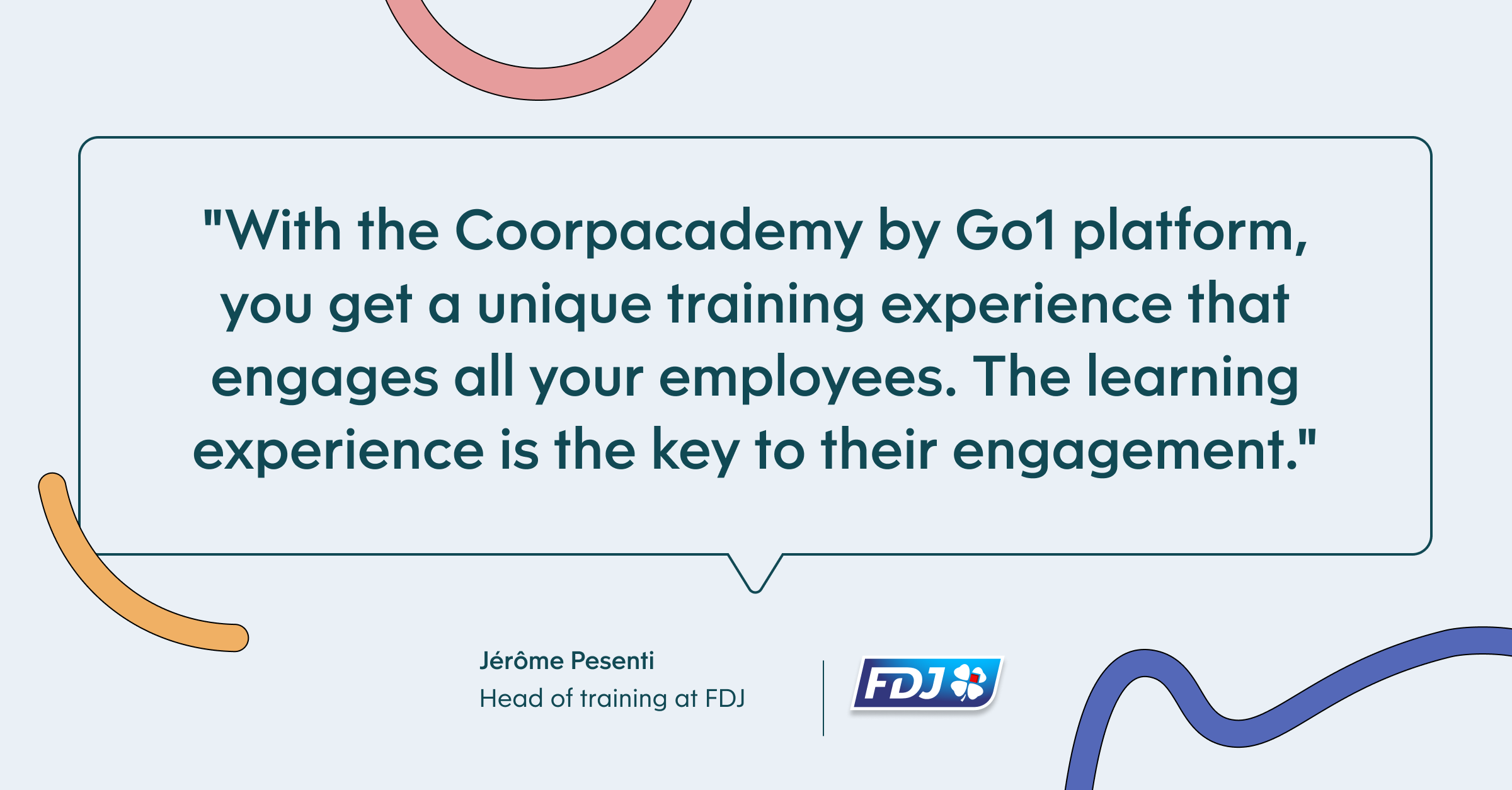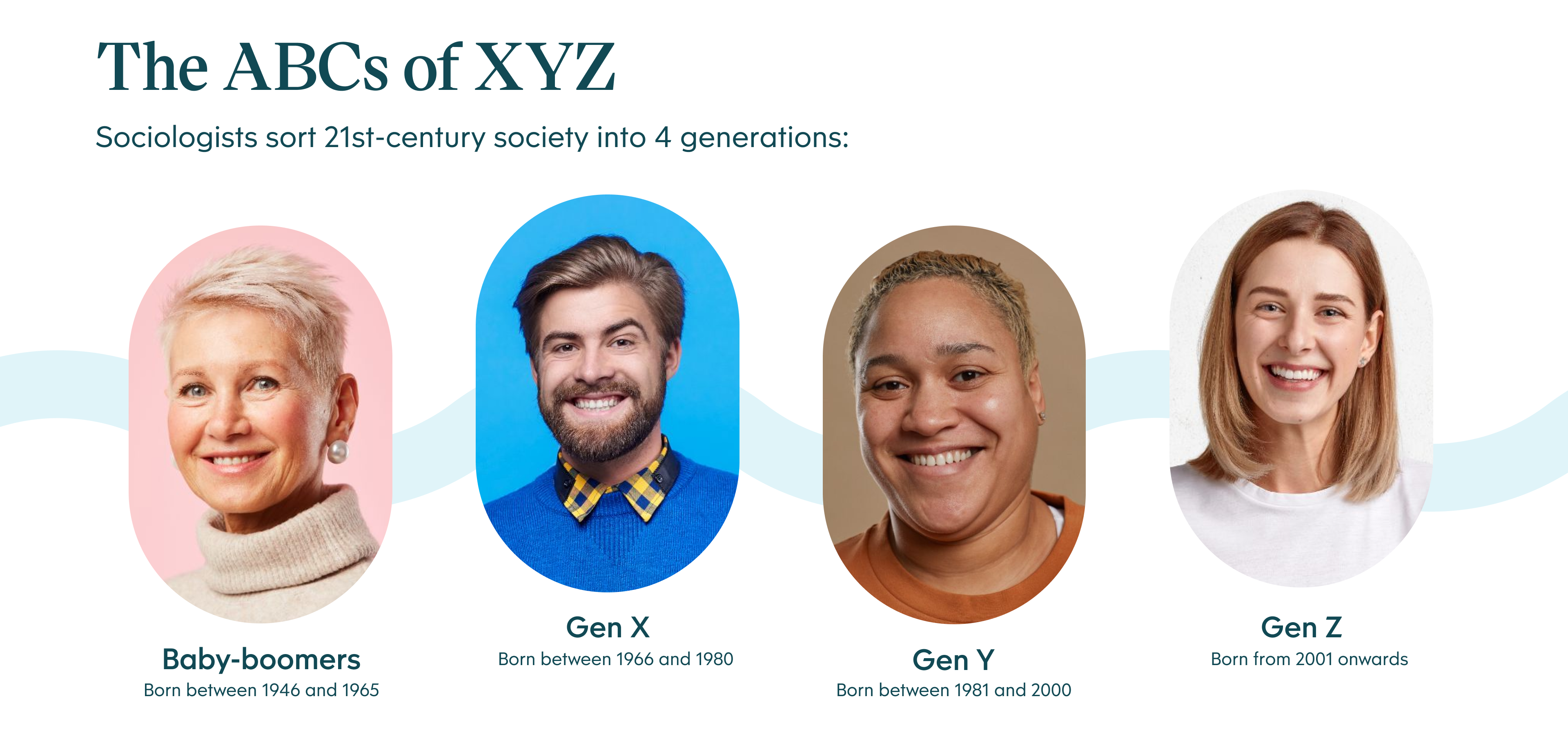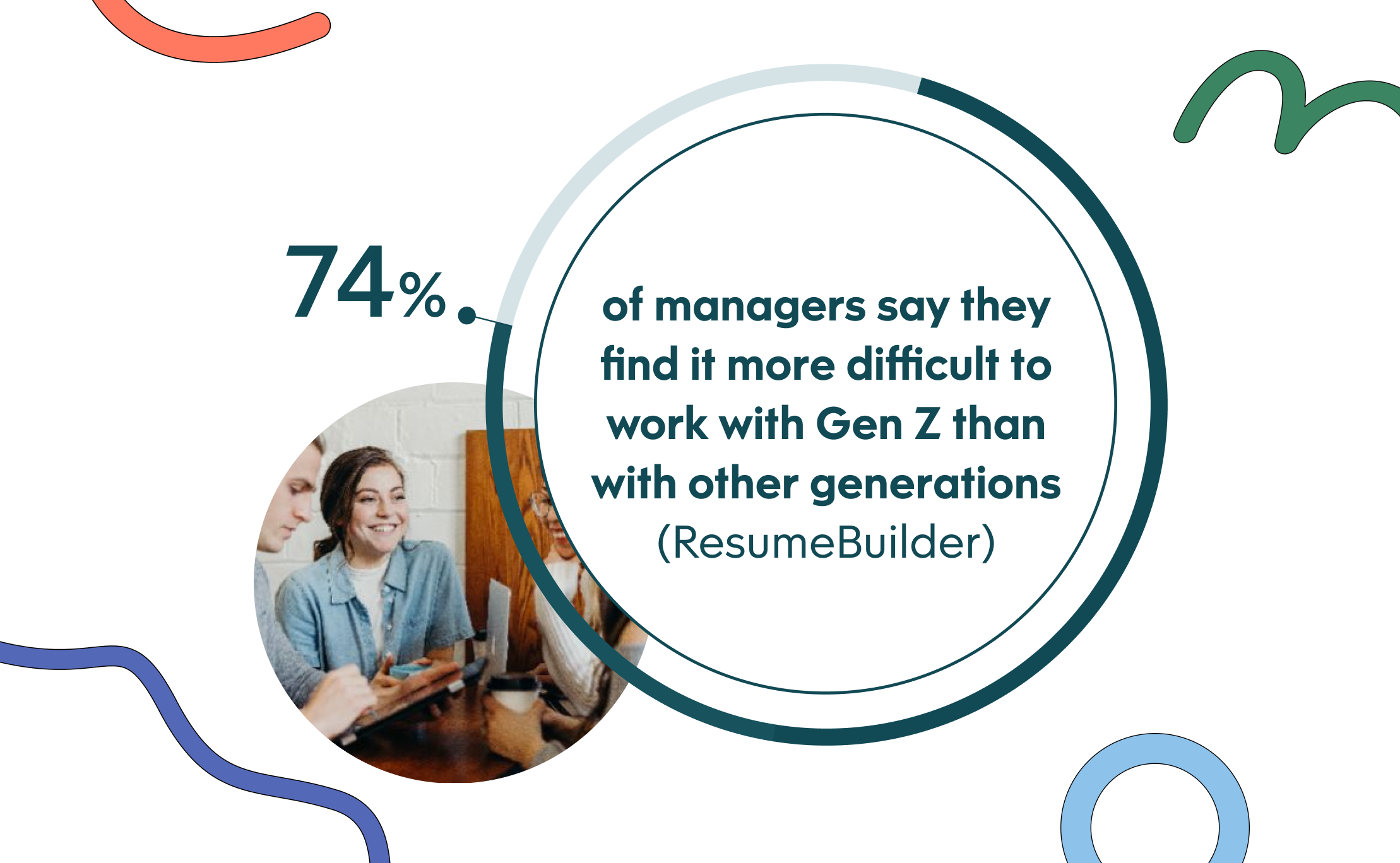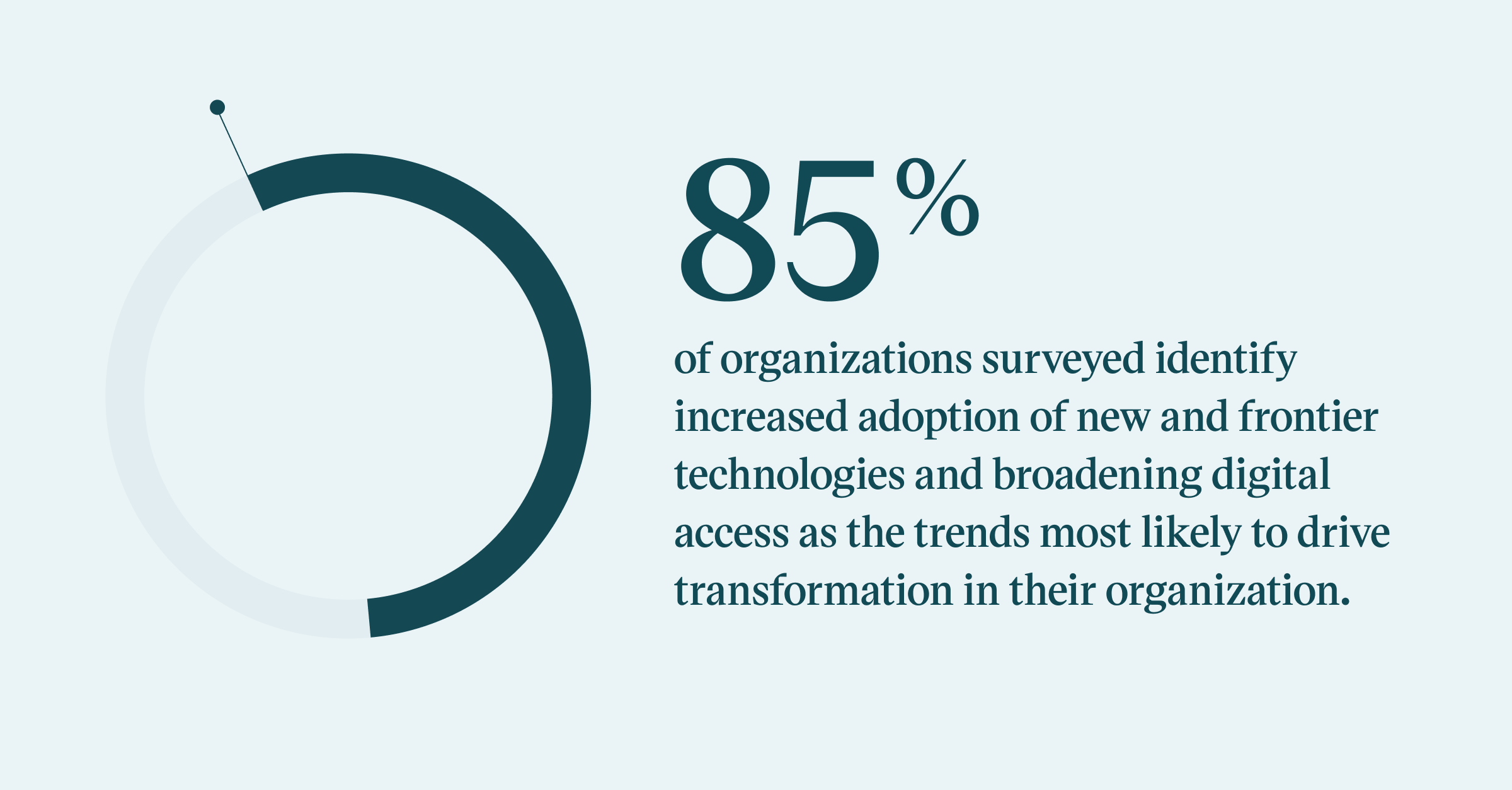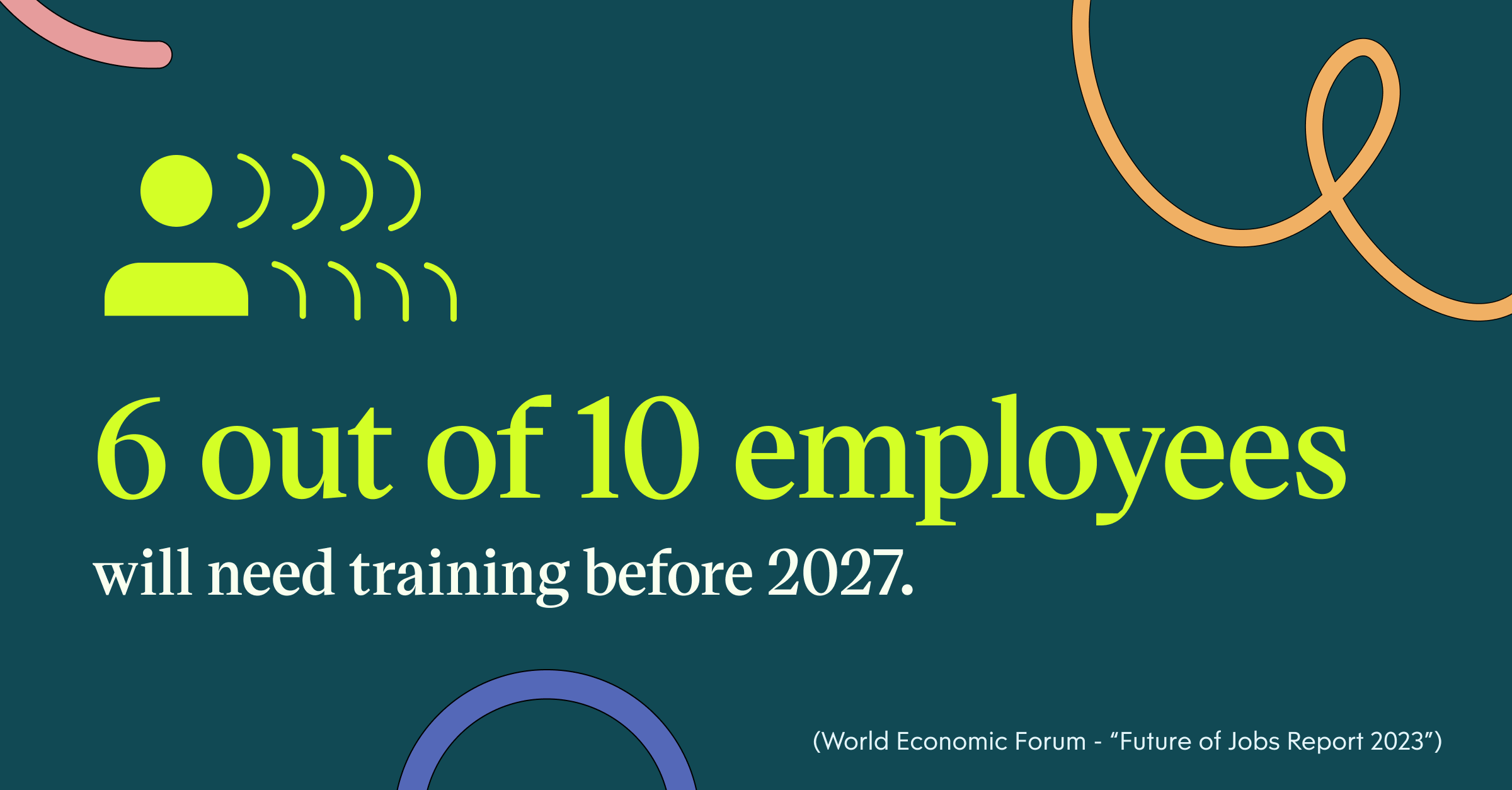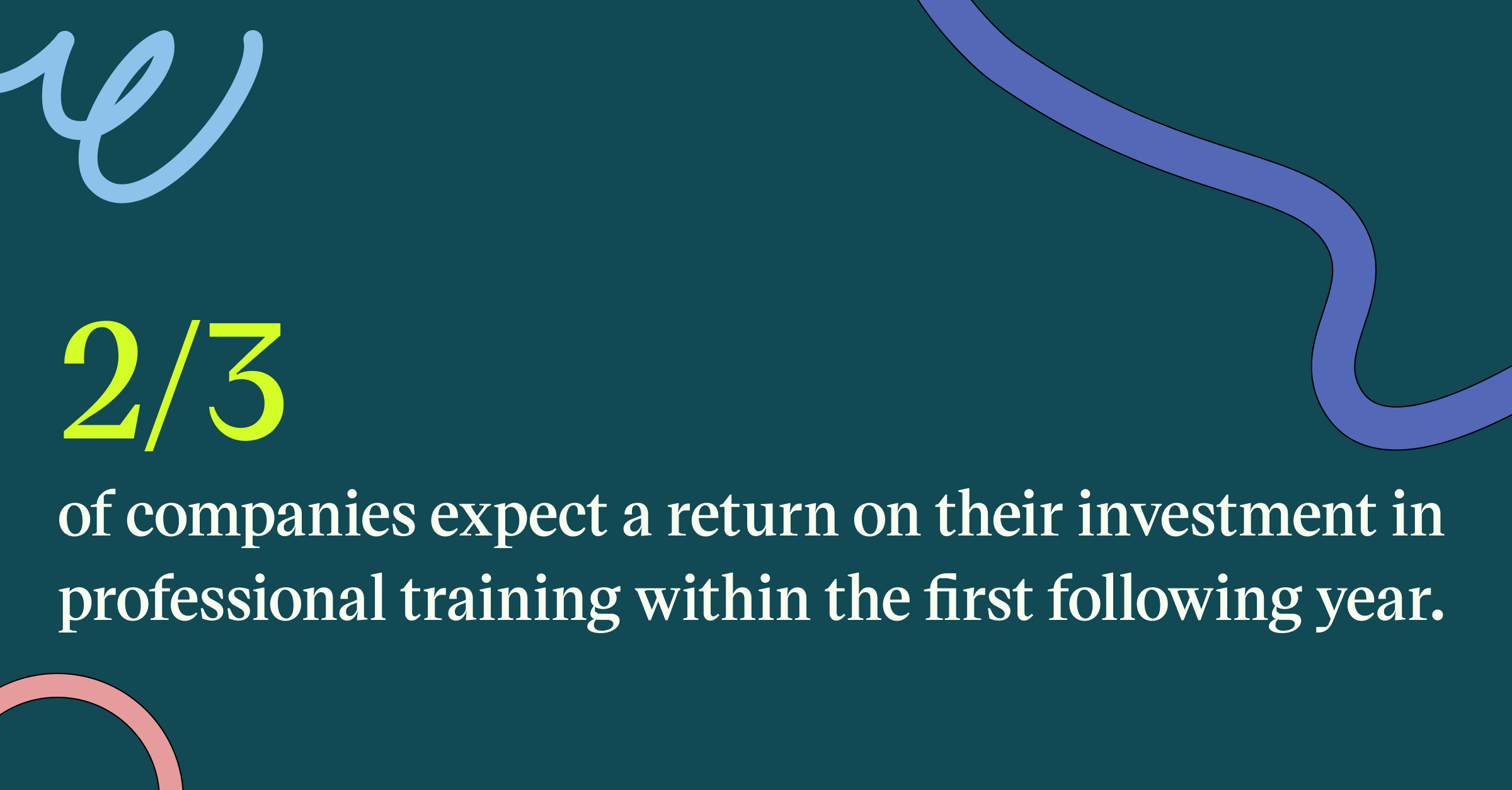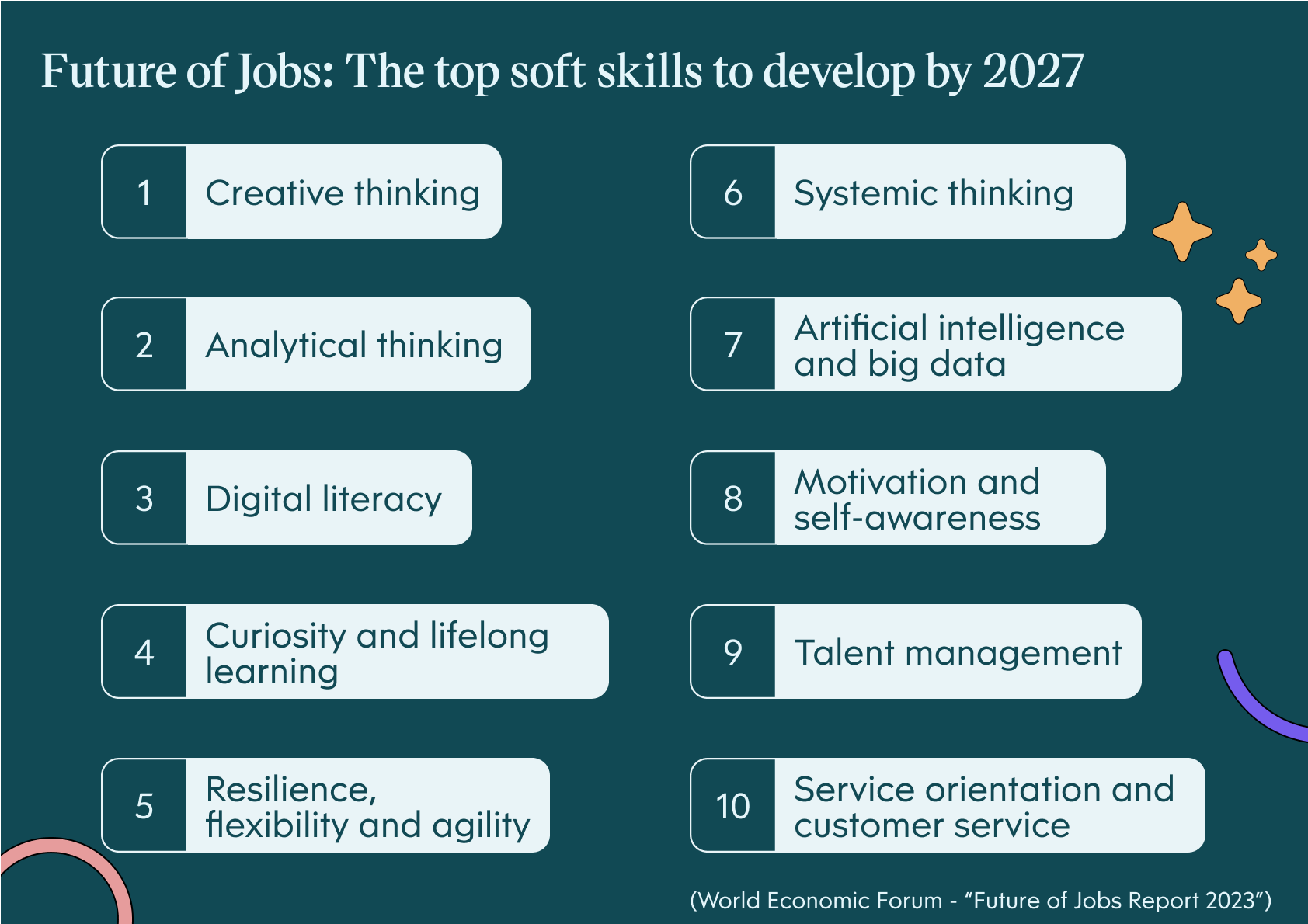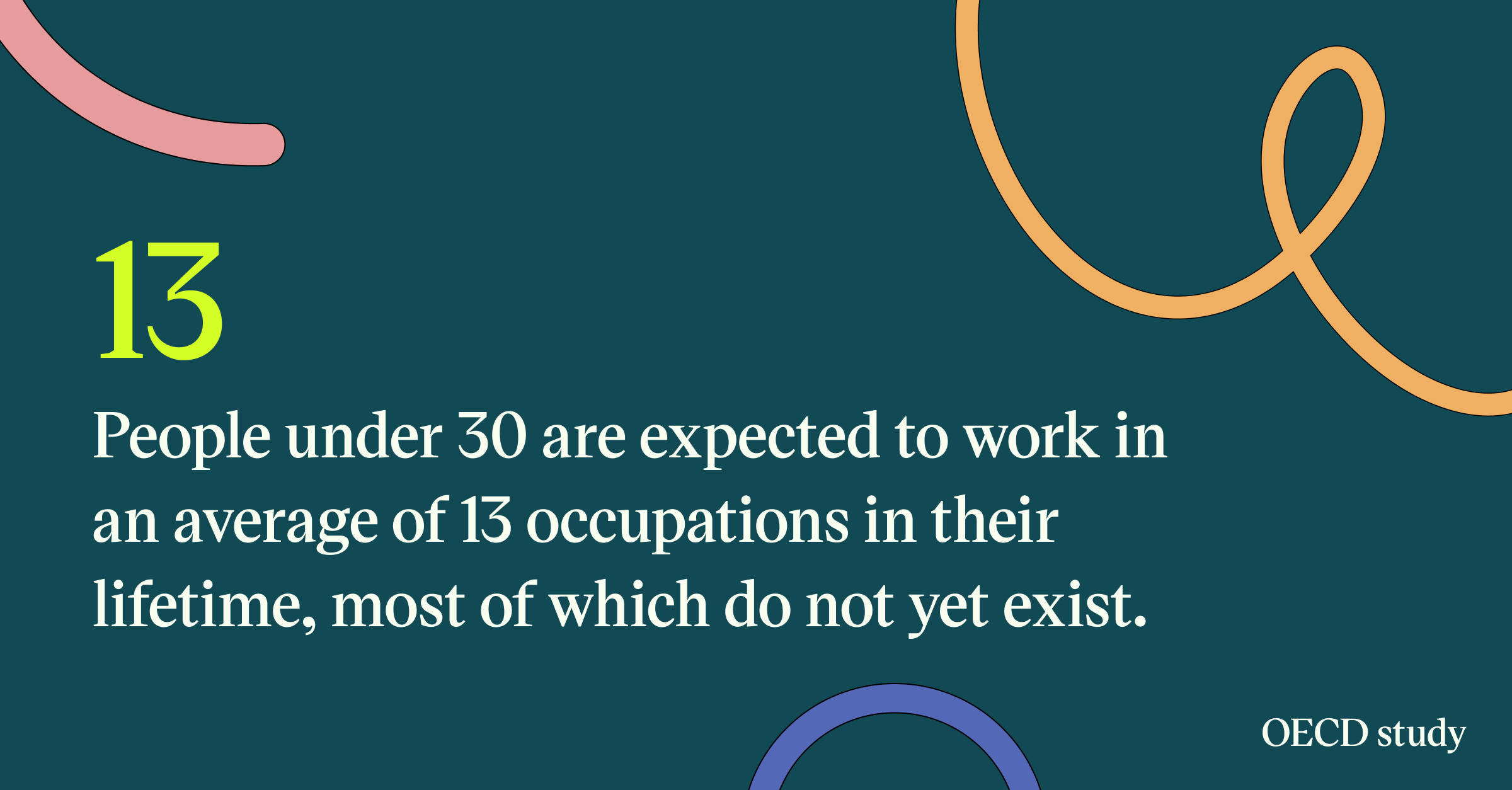The Sopra Steria Group, a major player in the European Tech sector, is fully committed to developing the skills of its 55,000 employees to become a true learning organization.
In this video interview, discover the testimonies of Louis-Maxime Nègre, Human Resources Director at Sopra Steria, Adrien Kéruzoré, Head of Learning Experience and Innovation at Sopra Steria Academy, and Marianne Abadie, Training Manager at Sopra Steria Academy!
Sopra Steria, a major Tech player in Europe
As Louis-Maxime Nègre reminds us, Sopra Steria is a Group that is constantly preparing for the world’s major transformations, in an environment that is constantly changing. This reality is characterized by societal, social, environmental and ethical changes. As a European leader in Tech, recognized for its consulting, digital services and software publishing activities, Sopra Steria is committed to supporting its customers in their digital transformation, thus contributing to a more sustainable world.

Training is of crucial importance at Sopra Steria. It is the key to helping the company’s 55,000 employees develop their skills, both technical and behavioral, and thus ensure customer satisfaction.
How to build a learning organization
Sopra Steria Academy has a clear ambition: to build a learning organization at all levels of the company. The idea is to enable each employee to become a player in his or her own learning process, and to encourage continuous skills development.
To achieve this objective, Sopra Steria has set up various training systems. Among them, the Coorpacademy by Go1 platform plays a central role, covering needs in three key areas:
1. Management & Leadership: For coaching and cross-functional management.
2. Behavioral skills development: for learning to learn and stimulating creativity.
3. Technologies : For an introduction to digital and emerging technologies such as Artificial Intelligence, Digital Sustainability, Data, and Security.
The latter theme has been widely covered since the merger with Go1, which offers a wide range of short courses on the subject.
Make training an event and create learning rituals

To anchor the learning culture within the Group, it is necessary to make training an event and create learning rituals. To this end, the Group organized several events throughout the year:
– The Learning Month
According to Louis-Maxime Nègre, it’s essential to make training an event to create learning rituals. Last June, Sopra Steria launched its first “Apprenticeship Month”. The aim was twofold:
1. To embody the learning culture by involving all employees through a unifying event.
2. Introduce rituals to change the mindset towards training.
– “Learning World Tour”: June in two highlights
As Adrien Kéruzoré, Head of Learning Experience and Innovation at Sopra Steria Academy, explains, the month of June featured two highlights. Firstly, the “Learning World Tour” on June 7, 8 and 9, with the theme “Skills for a Greener Future”. The company is committed to increasing skills in green and sustainable skills, crucial for a more environmentally-friendly future.
Then, from June 12 onwards, Sopra Steria distributed Coorpacademy or customized educational content on a daily basis, created by Sopra Steria Academy experts, to encourage and anchor learning rituals among employees over the long term. Modules were shared to train employees in digital transformation, a strategic priority in the company’s training plan.
Engaging employees in training: the benefits of Digital Learning
Personalization and gamification are essential levers for engaging employees in their skills development. The functionalities of the Coorpacademy platform make the learning experience pleasant and motivating, which, as Adrien Kéruzoré reminds us, “makes employees want to go on the platform and encourages emulation”. In this way, several factors encourage commitment:
Easy integration into everyday life
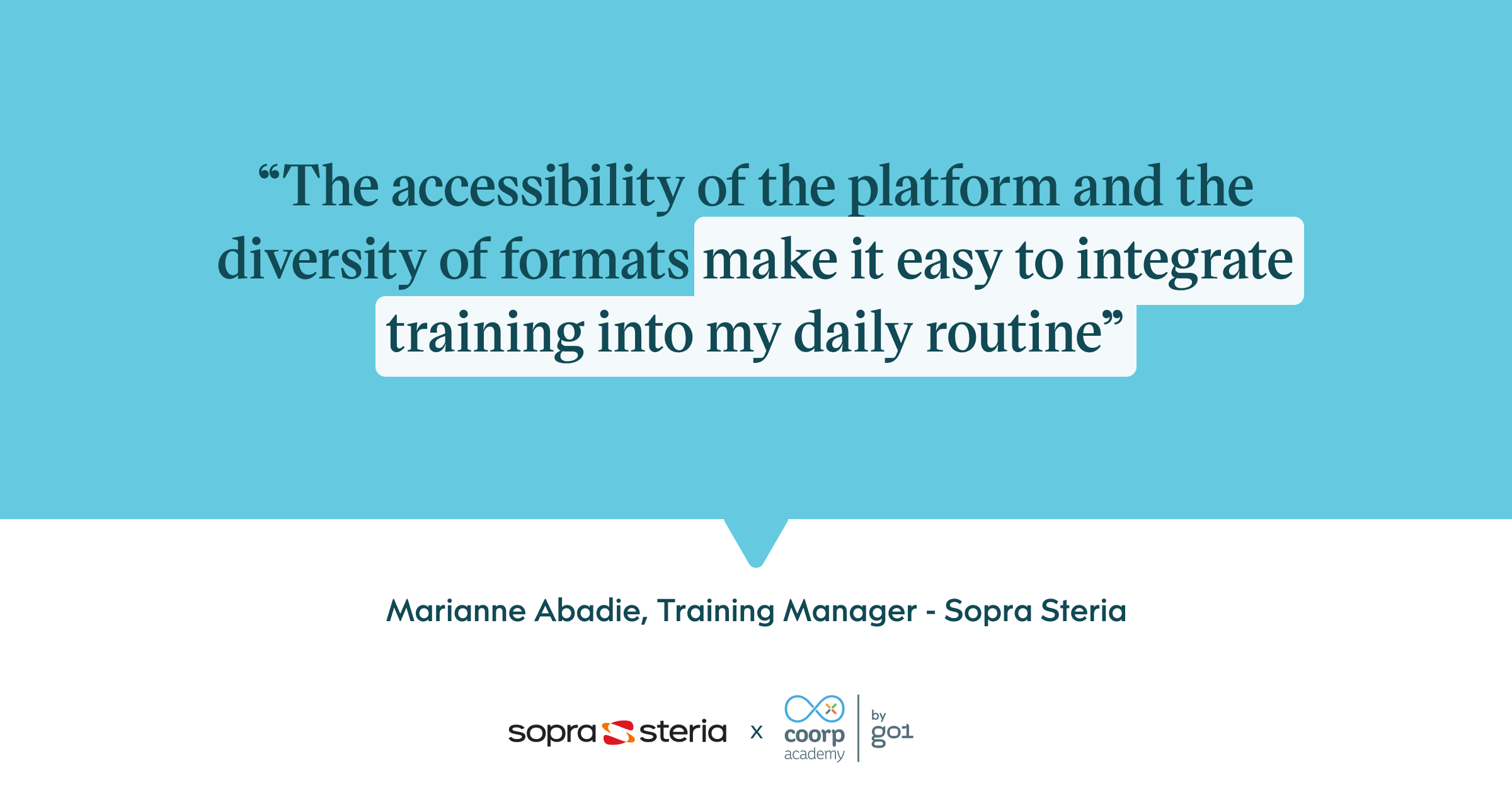
Marianne Abadie, Training Manager at Sopra Steria Academy, comments: “The accessibility of the platform and the diversity of formats make it easy to integrate training into my daily routine”. She often sets aside half an hour a week for regular training. These courses have helped her in specific situations, such as managing international projects in hybrid mode, which encouraged her to take the module on “Intercultural communication”.
Diversity of learning methods
Adrien Kéruzoré emphasizes the diversity of the modalities on offer, including podcasts on technological developments and forward-looking issues. These varied formats enable learners to choose what best suits their needs and learning style. Marianne Abadie also cites other features, such as the revision mode, which enables learners to revisit concepts they have already learned, and innovative modules like Cluedo and Trivial Pursuit, which make learning fun. It is through this diversity that every Group employee can learn, at his or her own level, pace and needs.
How to prolong the learning dynamic?
The learning dynamic doesn’t stop with “Learning Month”. The Sopra Steria Group continues to innovate in order to maintain training as a lever for day-to-day development.
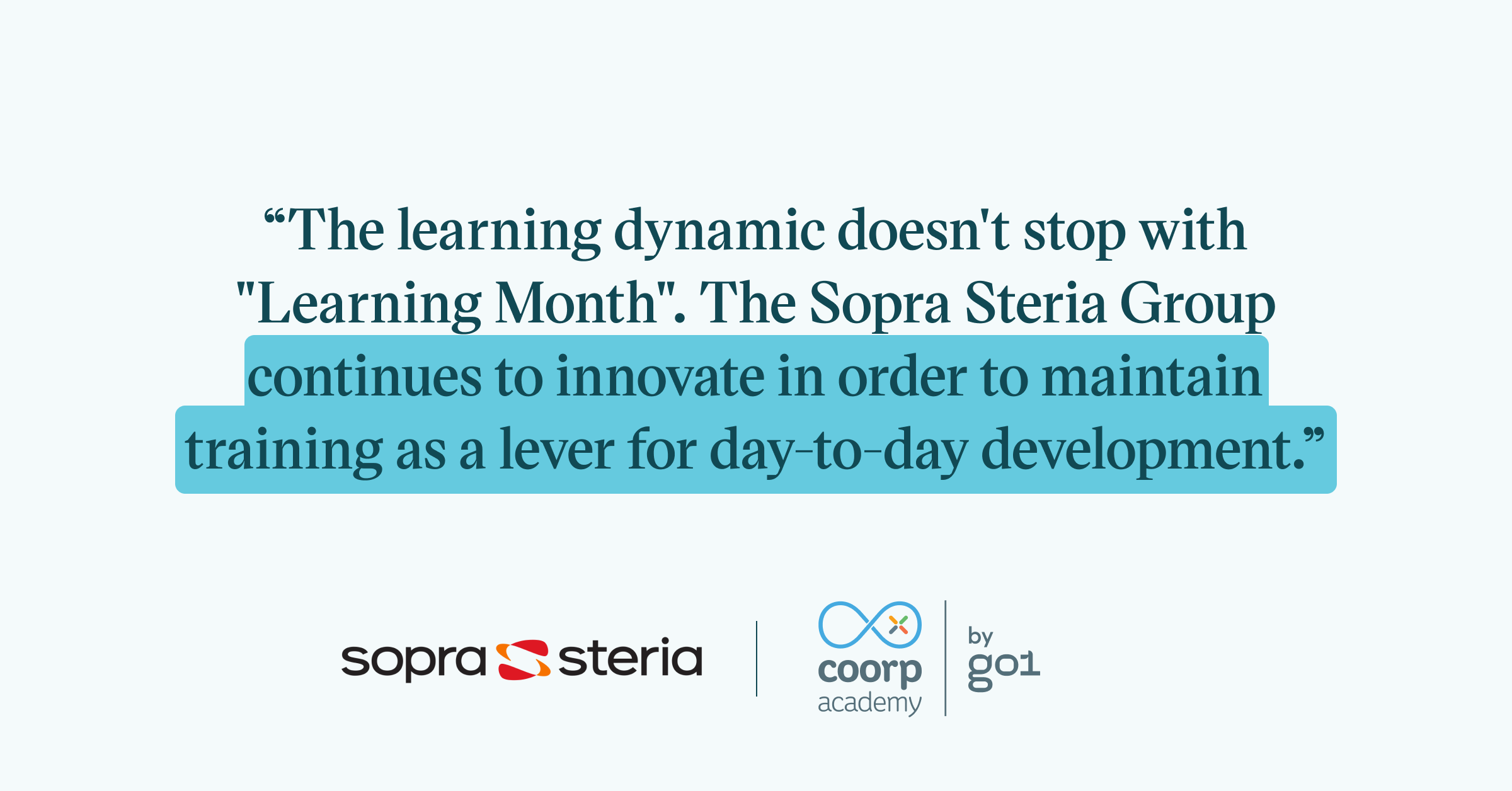
New highlights are organized throughout the year to maintain training as a lever for day-to-day development. A new training catalog format has been rolled out, making it easier for employees to find their way around their learning path. The catalog contains numerous Coorpacademy modules carefully selected to enrich training paths.
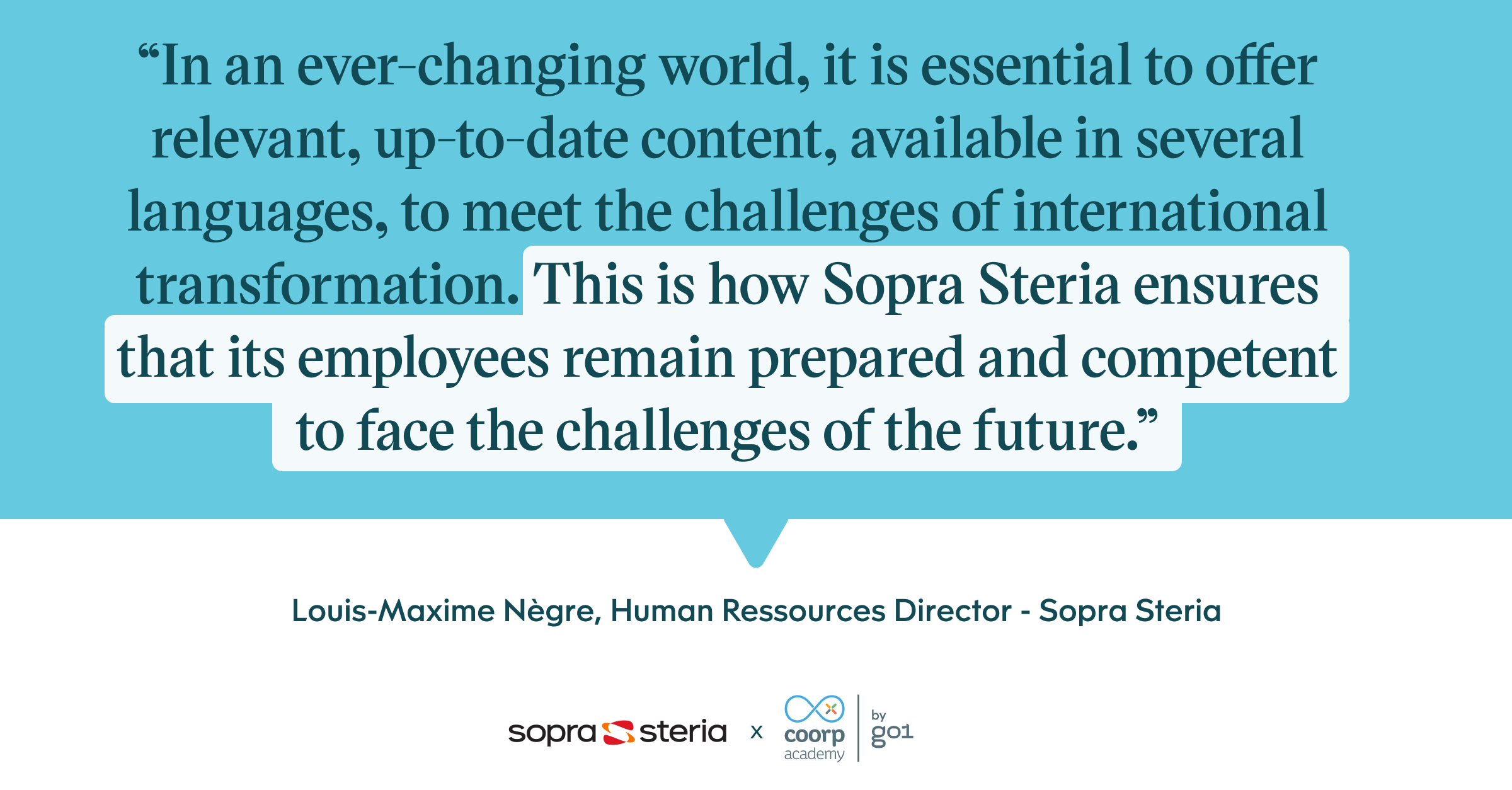
As Louis-Maxime Nègre reminds us, in an ever-changing world, it is essential to offer relevant, up-to-date content, available in several languages, to meet the challenges of international transformation. This is how Sopra Steria ensures that its employees remain prepared and competent to face the challenges of the future.
To find out more about our customers and Digital Learning, follow our newsletter! To become a learning organization yourself, make an appointment with one of our experts.

